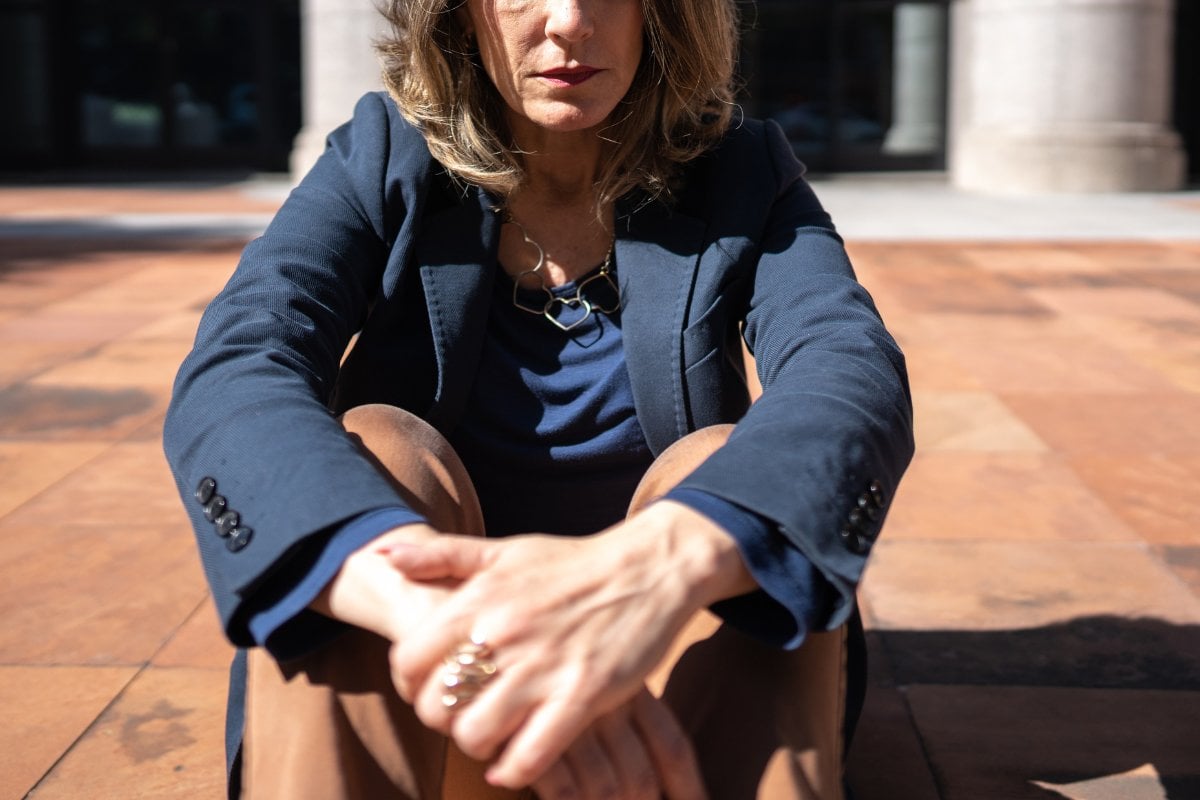
This story discusses sexual assault.
"Verdict first, trial later: rule of law under threat." I remember the headline well, from The Australian in May 2023.
Lawyer of multi-accused rapist Bruce Lehrmann, Steven Whybrow SC, was claiming that the #MeToo movement was dangerously warping the presumption of innocence and the right to due process.
Well, a different process took place last week, Justice Michael Lee finding it probable that Bruce Lehrmann raped Brittany Higgins.
"Having escaped the lion's den, Mr Lehrmann made the mistake of coming back for his hat. [Mr Lehrmann] has now been found at the civil standard of proof, to engage in a great wrong. It follows Ms Higgins has been proven to be a victim of sexual assault," Justice Lee said.
Just weeks prior, self-proclaimed men's rights activist Bettina Arndt announced that she would be platforming Lehrmann in protest of his "trial by media", which she says undermined the presumption of his innocence. We'll likely now watch her pivot to attack the civil system, because now that he lost the case, it's very clear that Lehrmann sought out that trial by media himself.
I won't dive into data about how 34 per cent of Australians still believe victims lie about assault for "revenge", and I'd hate to give Bettina air-time, but let's talk about the presumption of innocence of charged perpetrators of sex crimes, and how this relates to due process.
Due process aims to ensure that all individuals are treated justly under the law. It encompasses the right to notice, the presumption of innocence, the right to a fair and impartial hearing, the right to present evidence and confront witnesses, the right to legal representation and the right to appeal.




























































































